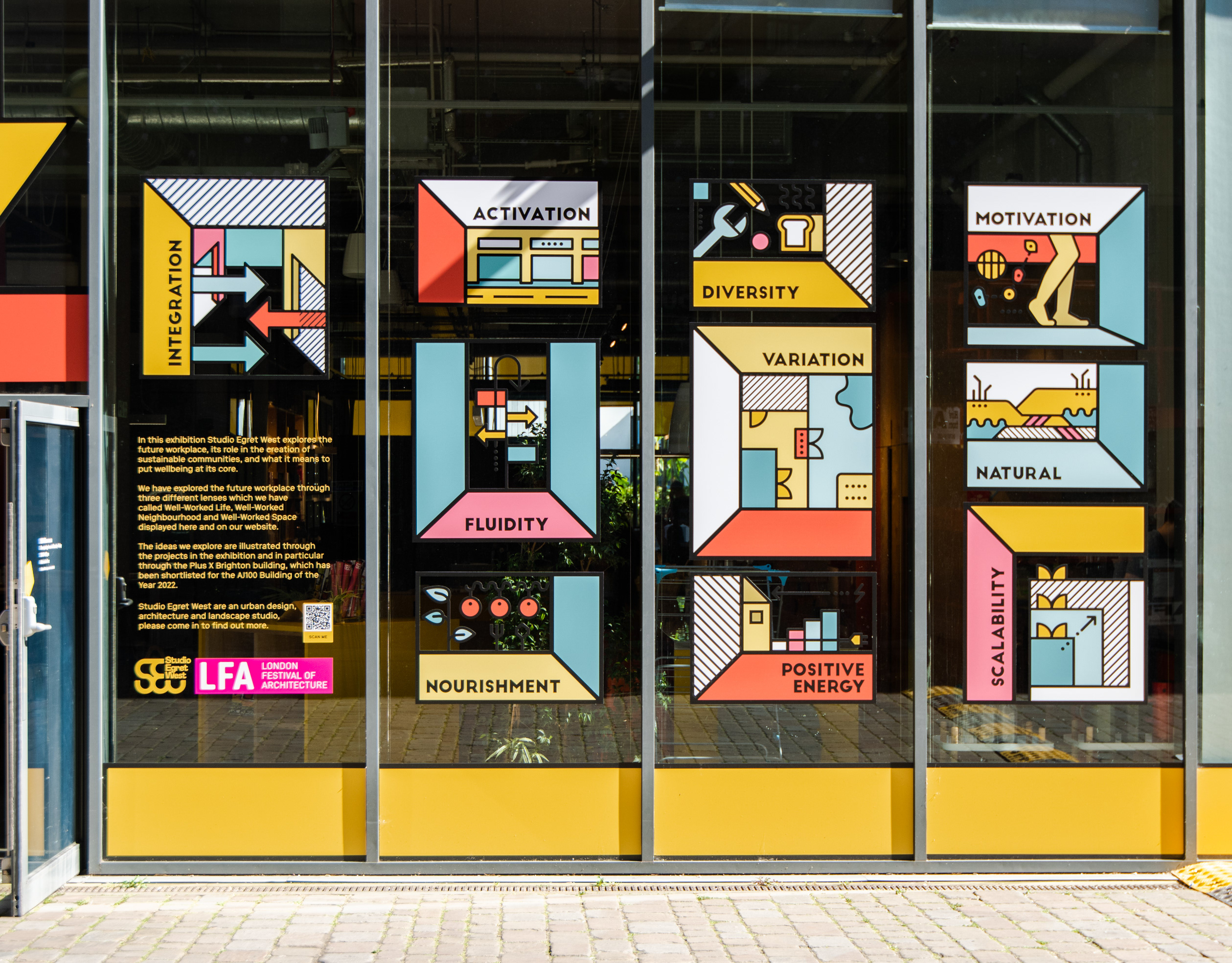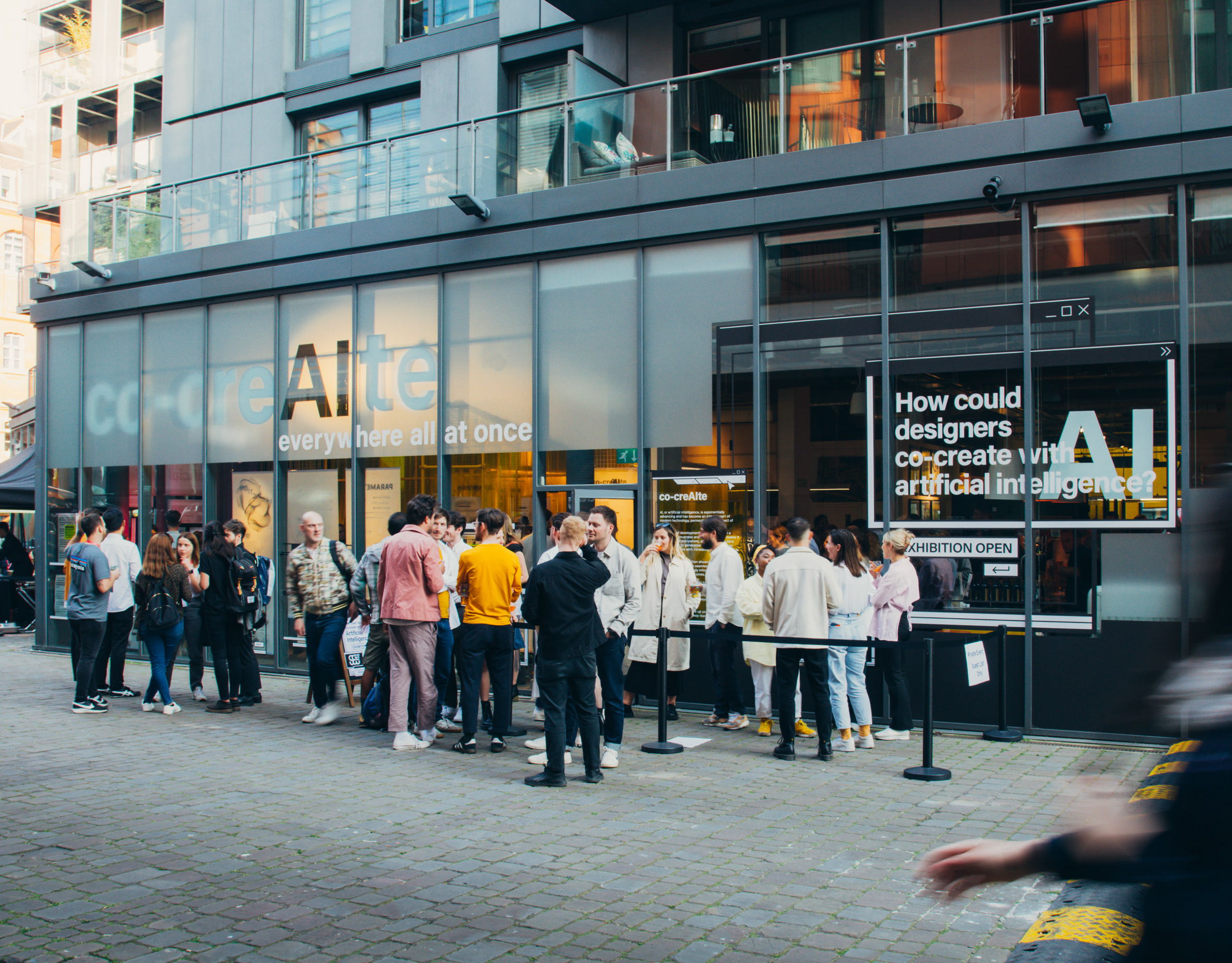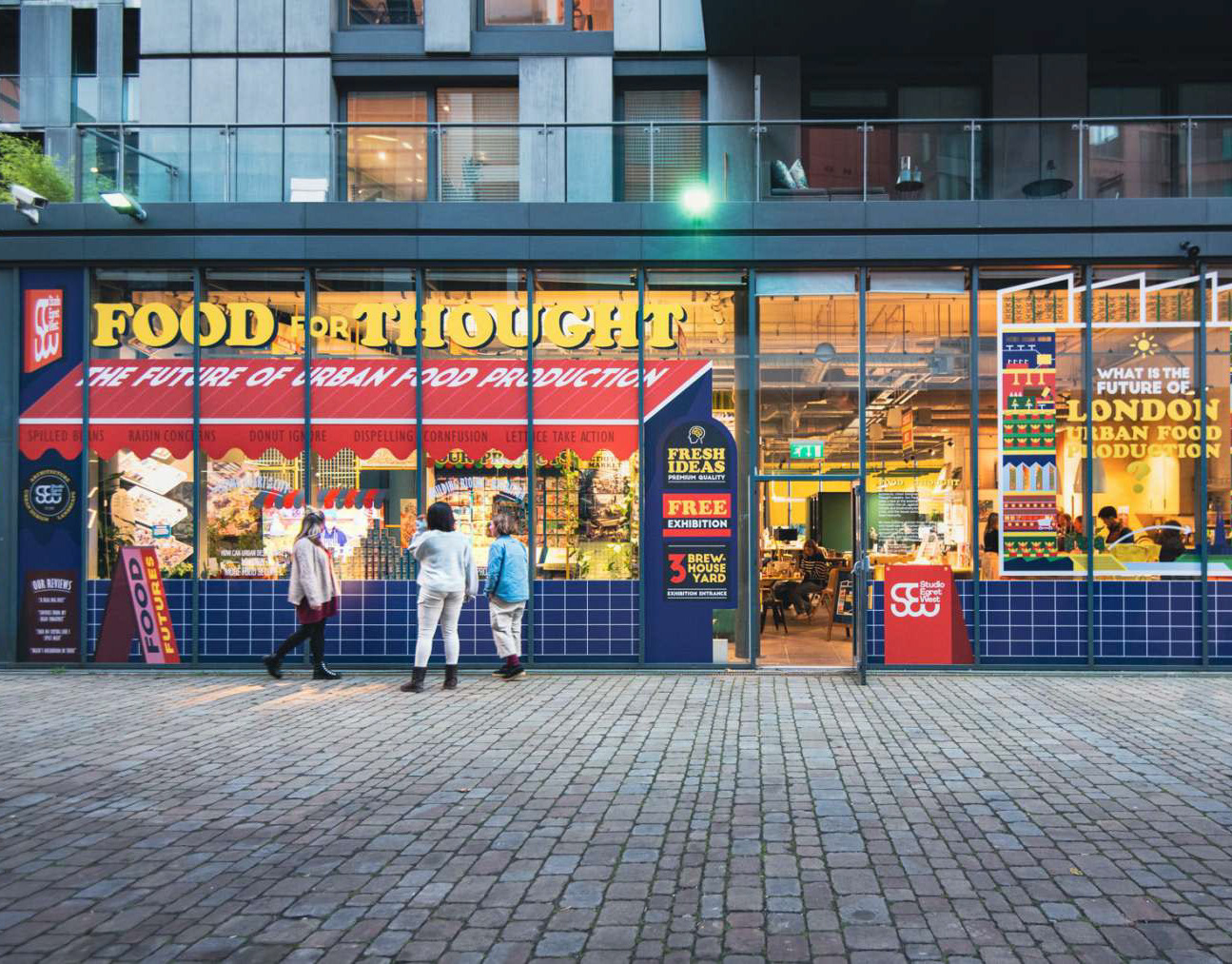Challenge
Childhood obesity costs the NHS £6.1 billion per year and this is projected to rise to £10 billion by 2050 (NHS, 2020). Tackling obesity at its core would provide a bottom up approach to reducing pressure on NHS expenditure.
At present, 1 in 3 children that finish primary school are obese. But to what extent are fast food restaurants accountable for the recent surge in childhood obesity rates?
The psychological impact of fast food advertising is frequently blamed for children’s eating habits and weight gain. Their marketing strategies consistently target children, luring them into a lifelong addiction to quick fix meals. This is particularly prevalent in that of McDonalds who, from Ronald McDonald to Happy Meals, entice children as young as 4 into their brand. It is therefore logical for children to be the target audience of this health driven flagship restaurant.
Solution
Let's reimagine the public’s perception of fast food restaurants in relation to childhood obesity and encourage delayed gratification amongst children. What if McDonald’s current marketing cues were reimagined - if a drive thru was replaced with a swim thru, run thru, or cycle thru? What if children could better understand the correlation between exercise and food consumption? If tackling childhood obesity could be liberating and joyful?
Awards
Falmouth University: Most Creative Project (Winner), July 2020









